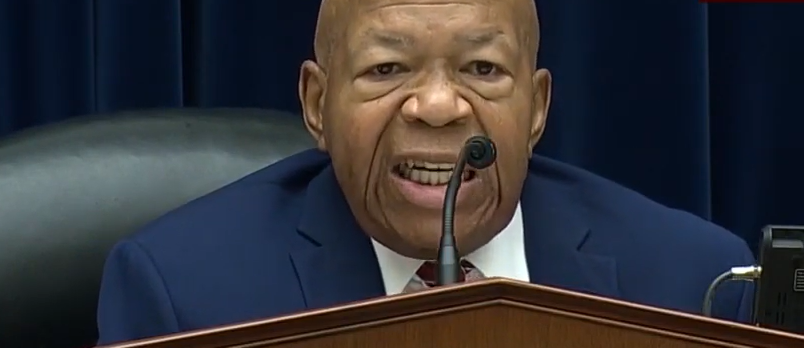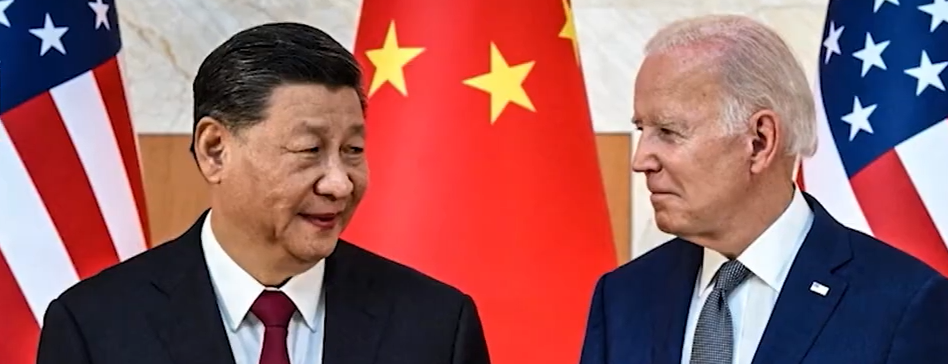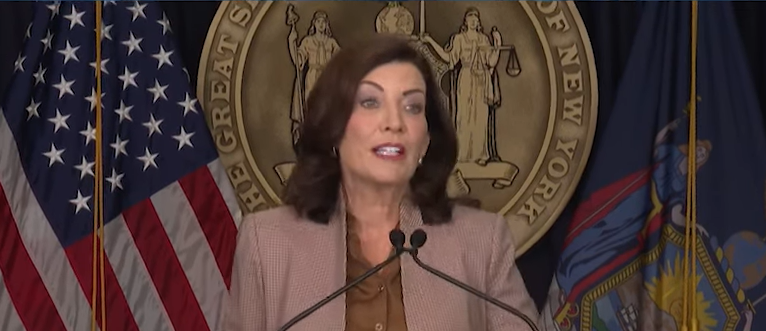Photos: Facebook\ACLU
Civic and youth leaders in Mississippi sued the state this week, challenging district lines that dilute the voting power of Black residents in state Supreme Court elections, a violation of the Voting Rights Act of 1965 and the U.S. Constitution.
The district lines have gone unchanged for more than 35 years, failing to reflect the state’s growing Black population and making it harder for Black people to elect candidates of their choice.
The Southern Poverty Law Center, the American Civil Liberties Union, the ACLU of Mississippi, and Simpson Thacher & Bartlett LLP filed the lawsuit on behalf of plaintiffs including Mississippi Senate Minority Leader Derrick Simmons; business and civic leader Dyamone White; Army veteran and Georgetown law graduate Ty Pinkins; and educator Constance Slaughter Harvey-Burwell.
Mississippi’s population is almost 40% Black, a greater proportion than any other state. Yet in the 100 years that Mississippi has elected its state Supreme Court, there have only been four Black justices ever to sit on that body, and never more than one at a time.
The last time a Black jurist won election to the court in a contested election was in 2004. The reason for this persistent underrepresentation is that Mississippi utilizes Supreme Court district boundaries that dilute the voting strength of Black Mississippians in state Supreme Court elections.

Plaintiffs are seeking to have the districts redrawn so that Black voters have an equal opportunity to elect candidates of their choice. In particular, current District 1, which includes Jackson and part of the Mississippi Delta, could be redrawn in a manner consistent with traditional districting principles to have a majority of Black voters.
This modest change would keep the state’s overall three-district scheme for Supreme Court elections intact, while also ensuring that Supreme Court elections comply with federal law and allow Black Mississippians an opportunity to elect representative candidates.
“Mississippi’s Supreme Court districts dilute the voice and the votes of Black Mississippians in violation of federal law,” said Ari Savitzky, senior staff attorney at the ACLU’s Voting Rights Project. “Mississippi can and must do better. The Supreme Court of Mississippi should reflect the People of Mississippi.”
Liza Weisberg, staff attorney with the SPLC’s Voting Rights Practice Group, said: “Although the Black population in Mississippi has been growing and now makes up well over one-third of the state’s population, none of the three districts used to elect the justices of the Mississippi Supreme Court includes a Black voting-age majority. These districts must be redrawn to give Black voters an equal opportunity to elect candidates of their choice to the Mississippi Supreme Court, whose rulings directly and profoundly affect the lives of all Mississippians.”
Jarvis Dortch, executive director of the ACLU of Mississippi, agreed.
“Thirty-five years ago, Black lawmakers objected to the current districts,” Dortch said. “The lack of proper representation today is evidence that they were right in their objection. It’s past time to correct these unlawful maps.”
Jon Youngwood, global co-chair of Simpson Thacher’s litigation department, said that the right to free and fair elections is a central pillar of U.S. democracy.
“Both the U.S. Constitution and the Voting Rights Act make clear that all citizens must have an equal opportunity to participate in the political process,” he said.








